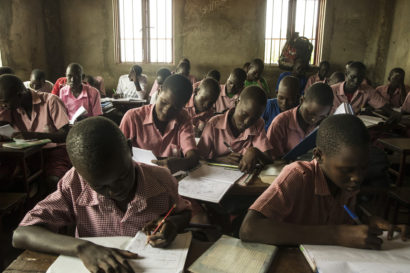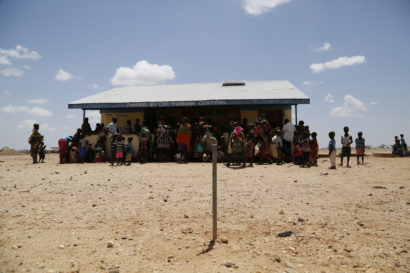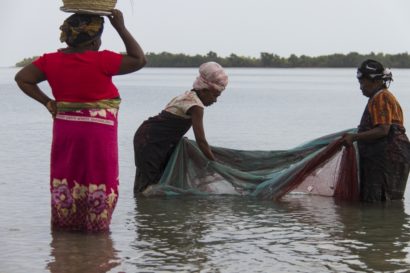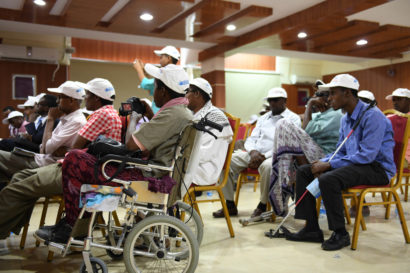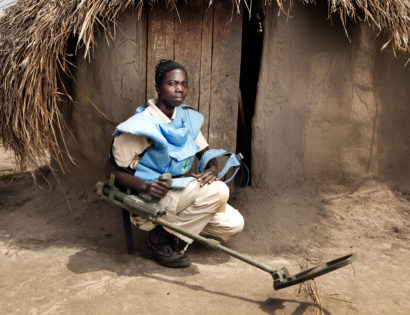Helpdesk Reports
The aim of this review was to present the recent evidence on the period poverty (lack of access to sanitary products, WASH facilities, dignity, and information about menstruation) impact on the economic empowerment of women. Improving menstrual health management (MHM, also known as ‘period poverty’) can substantially improve girls’ education, health and wellbeing. The literature,… Read more
The aim of this review was to present the recent evidence on the effectiveness of inclusive and special education approaches in improving learning and behavioural outcomes, with a focus on developing countries, particularly Ethiopia. One of the key difficulties surrounding inclusive education in developing countries is the lack of research about education in these countries…. Read more
Literature on cultural practices for burial and care for the sick among individual ethnic groups in South Sudan was very limited. However, it clearly points to the importance of proper burials among all ethnic groups: these typically entail washing the body of the deceased; it can take several days before burial takes place; and graves… Read more
The main barriers to women’s economic inclusion in Tanzania are: time poverty (because women have to spend so much time on household chores); lack of education; reproductive health pressures; lack of assets and access to financial services; in the case of agriculture – lack of access to male labour and inputs such as fertiliser; in… Read more
Across the world stereotypes, prejudice, and stigma contribute to the discrimination and exclusion experienced by people with disabilities and their families in all aspects of their lives. This rapid review looks at available evidence on the drivers of disability stigma in developing countries, and promising strategies for addressing these.
If young people in Africa are to find jobs, policies must focus on creating many more opportunities for young people to gain work. The key problem is not an inappropriate supply of young people’s labour to labour markets, but an insufficient demand for what young people have, or could have, to offer. The policy focus… Read more
In recent years, funding for youth employment interventions has rapidly increased. However, there is limited to no evidence that interventions that build skills and knowledge lead to sustained employment and increased earnings. There is also no evidence that youth employment interventions have positive impact on peace and stability, or can lead to youth empowerment in… Read more
This report provides a global selection of case studies providing evidence of approaches to the design of basic education interventions by aid agencies. In keeping with the request, the scope of the report focuses as far as possible on outcome-driven approaches, and includes an analysis of any evidence of programmatic responsiveness to need and context…. Read more
While there is not a clear picture of disability in North Africa, the available evidence suggests that people with disabilities are doing less well in comparison to people without disabilities as a result of factors including marginalisation, stigma, lack of awareness of disability prevalence, lack of comprehensive protection and enforcement of the rights of people… Read more
Decades of conflict in South Sudan, pre and post-independence in 2011, poverty and poor access to services have increased the rate of disability and rendered people with disabilities more marginalised and excluded as a result of the numerous attitudinal, environmental, and institutional barriers they face, and the lack of concerted efforts to include them. This… Read more
Youth employment programmes are varied but meta-analysis and systematic reviews of impact assessments of these programmes indicate that some interventions have an overall positive effect on employment and earnings. Assessments of programmes which support youth job creation in the private sector find that larger businesses are more likely to generate jobs than micro-enterprises. In general,… Read more


